T4K3.news
France Responds to Netanyahu Charge Over Macron Antisemitism
France and Israel clash over antisemitism and Palestinian state recognition as Macron defends policy at home and abroad.
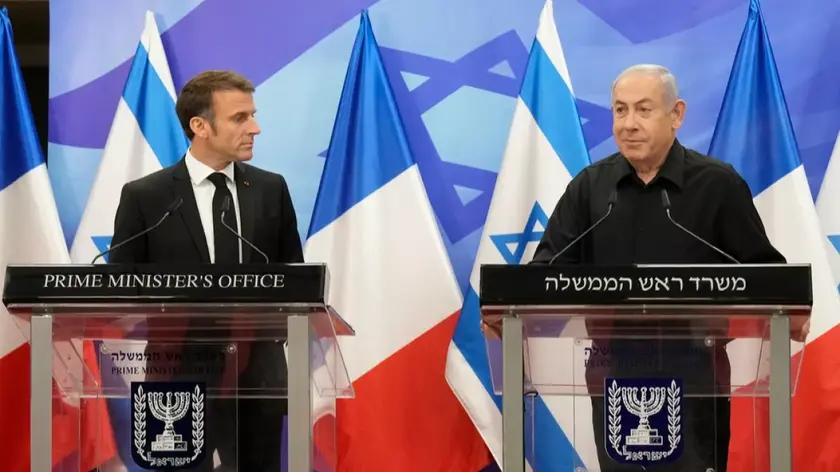
France pushes back after Netanyahu accuses Macron of fueling antisemitism as Paris plans to recognise a Palestinian state.
France Responds to Netanyahu Charge Over Macron Antisemitism
Paris and Jerusalem traded sharp words after Israeli Prime Minister Benjamin Netanyahu sent a letter accusing French President Emmanuel Macron of fueling antisemitism with France's decision to formally recognise a Palestinian state. Macron's office dismissed the accusations as erroneous and promised that France will not back away from defending its citizens. It argued that all governments since 2017 have to act decisively against antisemitic acts, including after the October 7 attacks in Hamas-linked violence.
France remains home to Western Europe’s largest Jewish population, roughly 500,000 people, and has seen a rise in antisemitic incidents since 2023. The incidents range from threats and vandalism to physical assaults and harassment, prompting concerns among Jewish communities and leaders. Recent events cited by Paris include vandalism at El Al’s Paris office and Macron pledging relentless pursuit of those who attacked a Jewish memorial tree planted in memory of a French Jew murdered in 2006.
Key Takeaways
"Your call for a Palestinian state pours fuel on this antisemitic fire"
Netanyahu's letter to Macron
"Violence against the Jewish community is unacceptable"
Macron's office statement
"France has no lessons to learn in the fight against antisemitism"
Haddad's response to Netanyahu's letter
"I treat leaders of other countries with respect I engage with them in a diplomatic way"
Anthony Albanese on Netanyahu's criticism
The dispute tests how Europe handles a fraught mix of diplomacy, security, and faith. Macron wants a Palestinian state recognized at the UN while promising to protect minorities at home. Netanyahu’s letter leverages antisemitism as a political signal, not just a moral claim, risking a broader backlash if it hardens public opinion around foreign policy. The episode also highlights how allies talk past each other when national narratives collide, a risk for cohesion among Western partners who seek a united stance on Israel and Palestinian statehood.
Highlights
- Diplomacy must protect communities, not fuel fear
- Statecraft cannot ignore the rights of minorities
- A Palestinian state pledge should carry protections for all citizens
- Leaders must answer how to keep minority communities safe
Political and public reaction risk from Israel-France debate
The exchange touches on domestic politics in France and international diplomacy, risking backlash from Jewish and pro-Palestinian communities and potential diplomatic friction with Israel and other allies.
Diplomacy will have to balance security, rights, and the promise of a two state future.
Enjoyed this? Let your friends know!
Related News
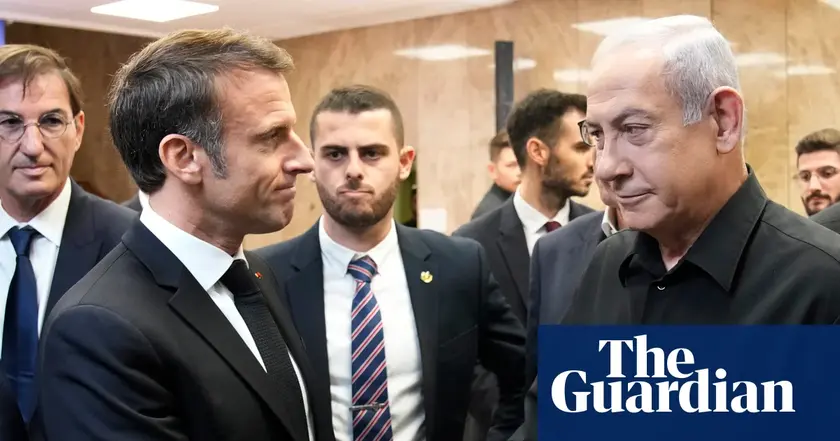
Macron rejects Netanyahu claim on antisemitism in France

France and U.K. to recognize Palestinian state

Ukrainian military impacted by Starlink outage
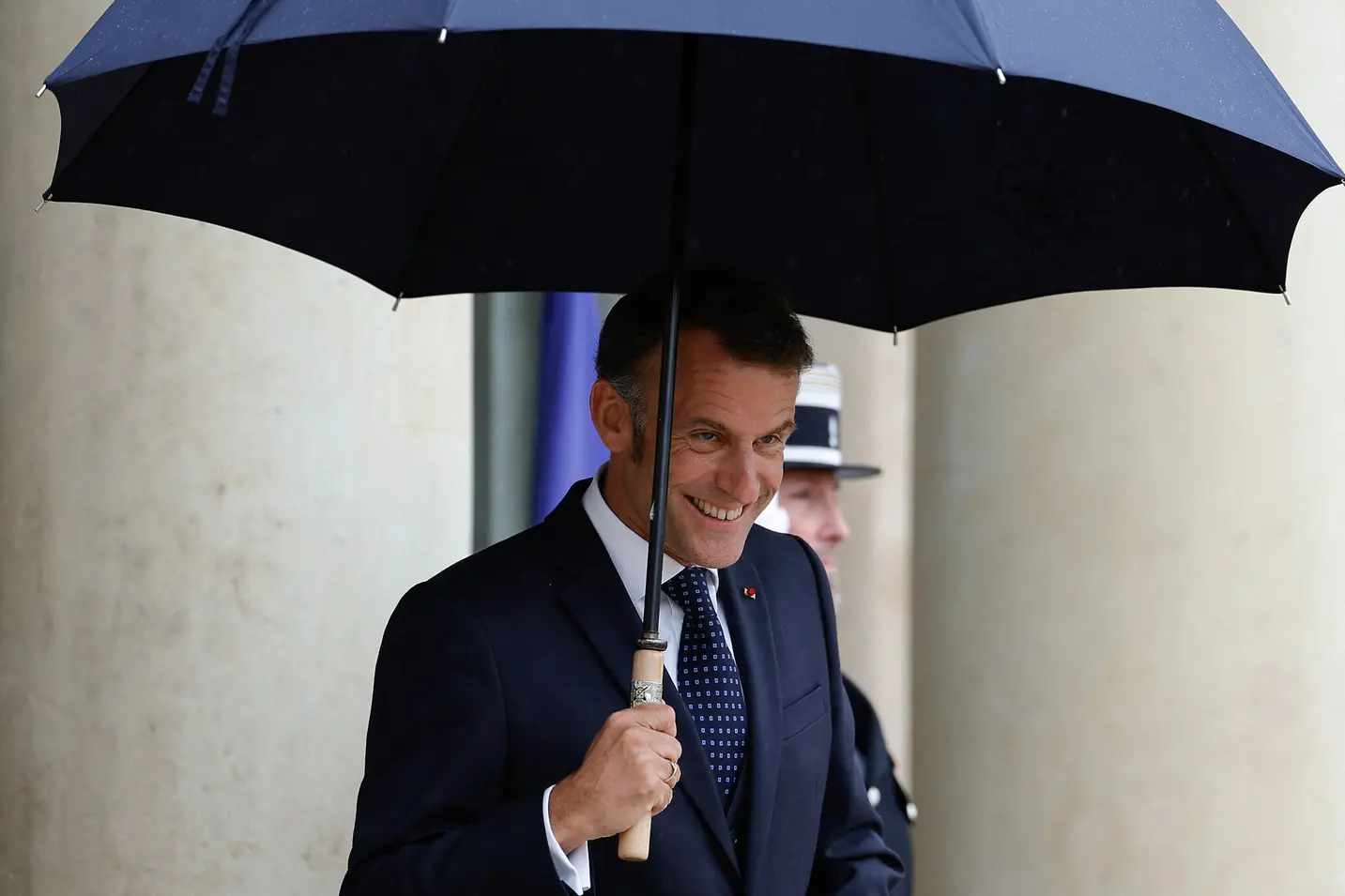
Diplomatic tensions rise over Gaza plan
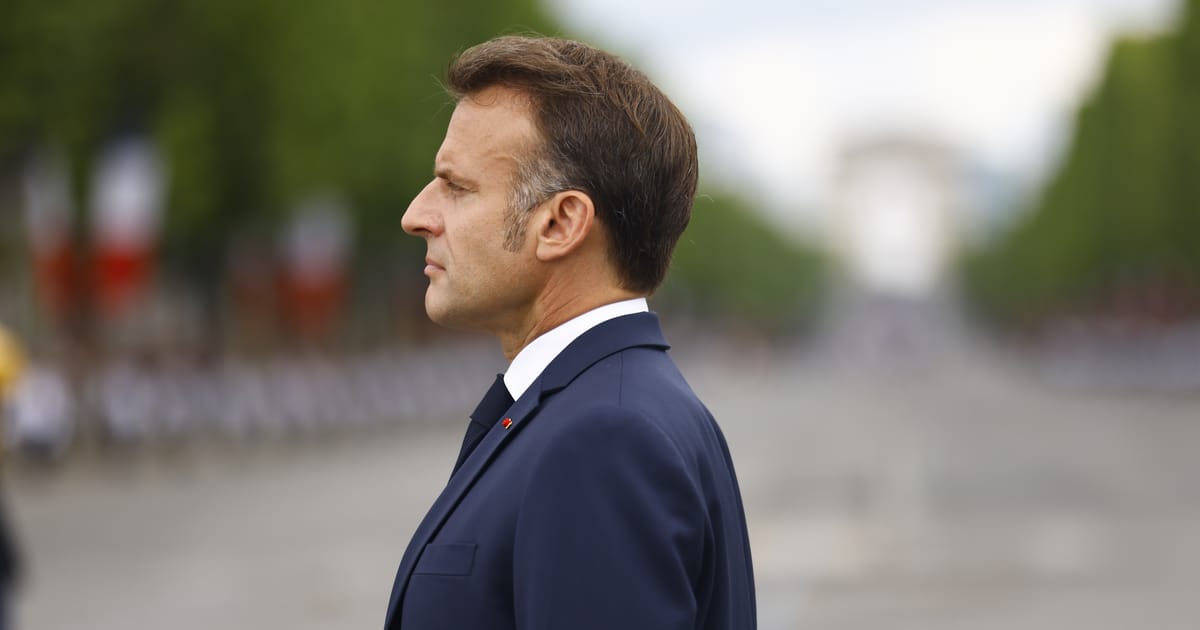
France will recognize Palestinian statehood amid EU trend
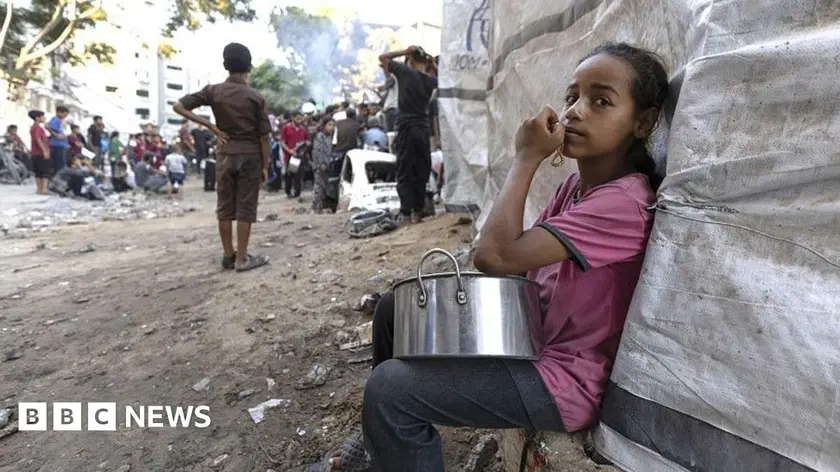
France to officially recognize Palestinian state
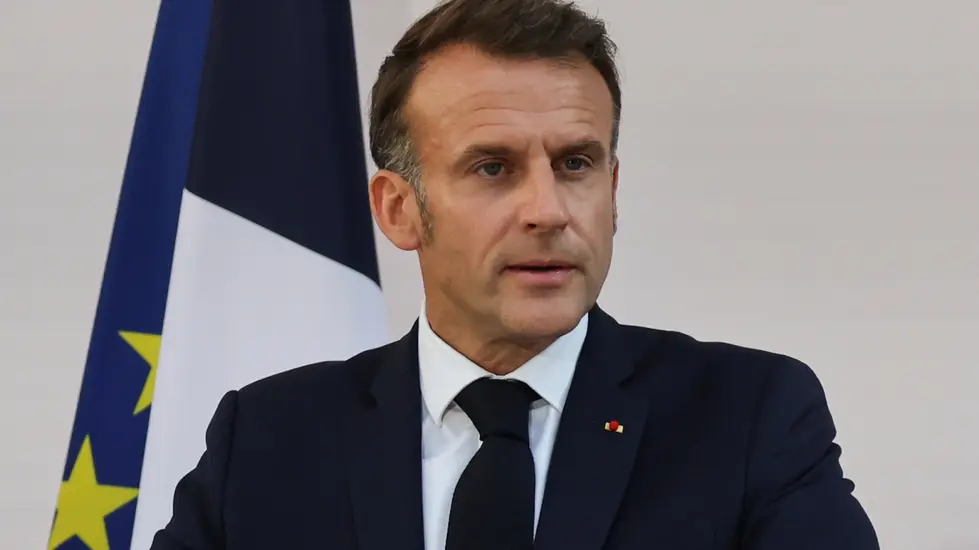
France officially recognizes Palestine as a state
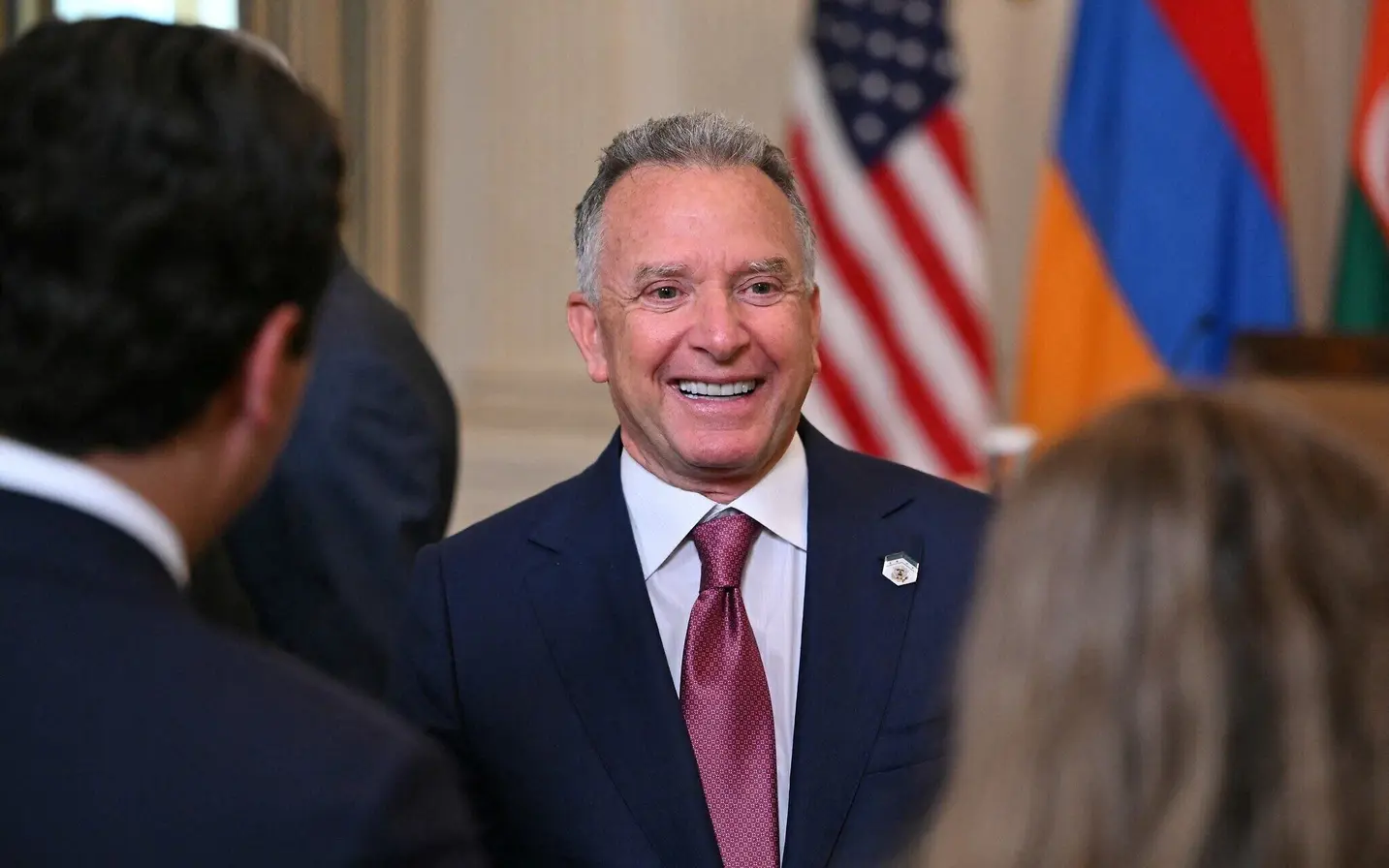
Diplomacy pressed as talks continue
